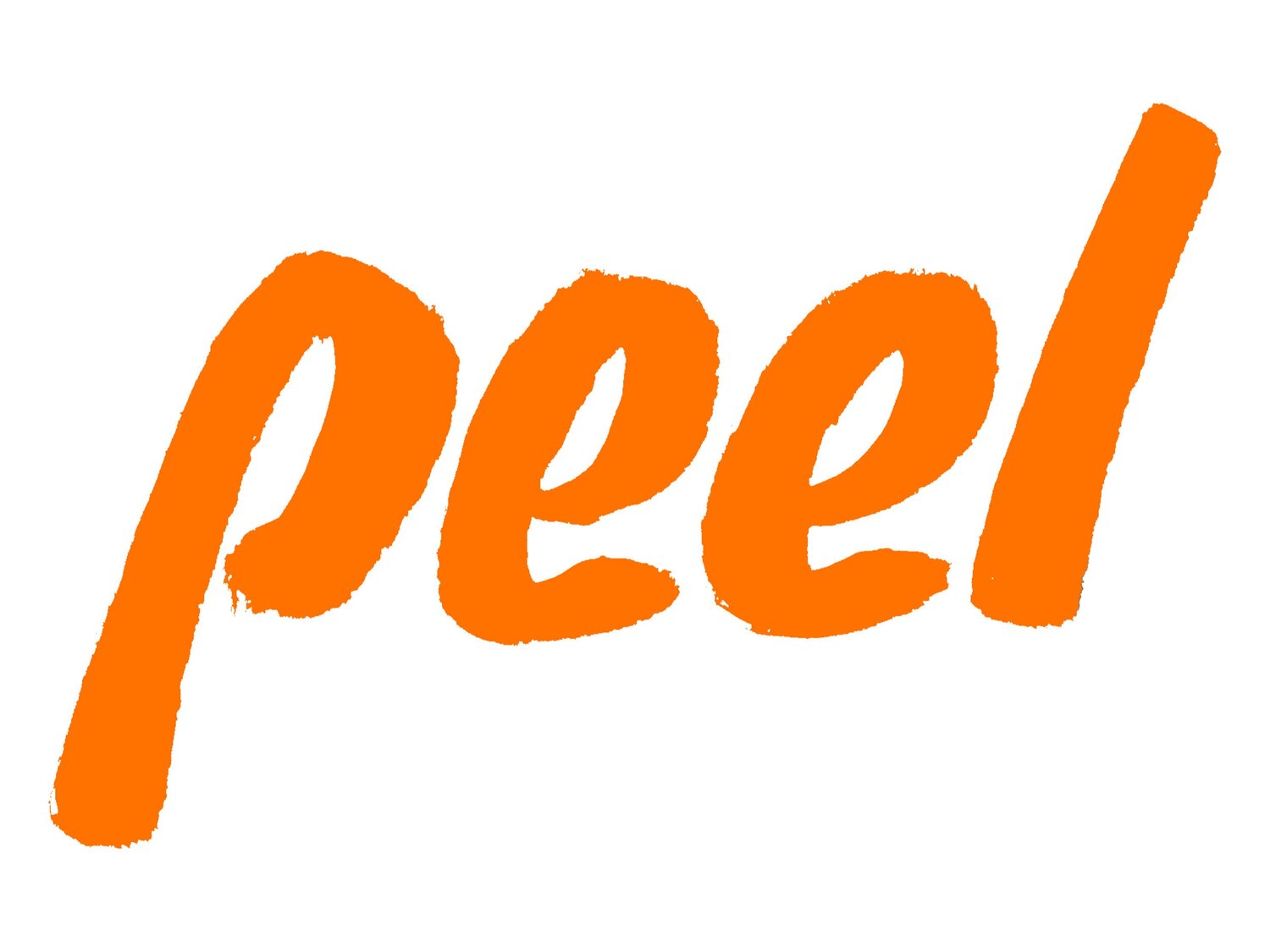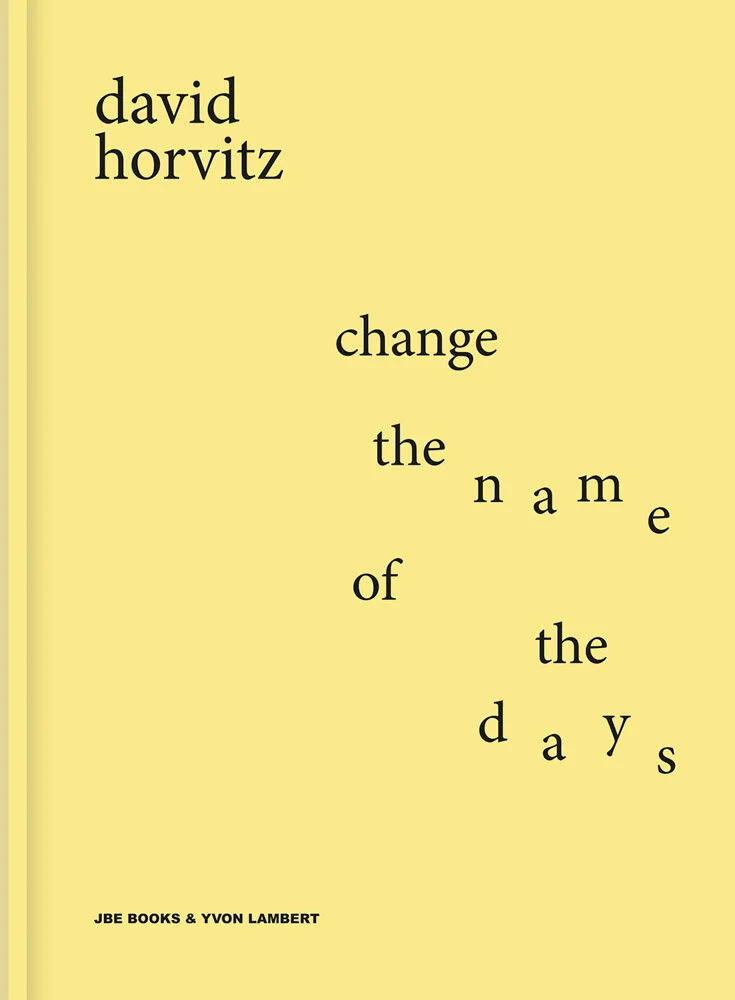David Horvitz: Change the Name of the Days
In the tradition of conceptual action books, American artist David Horvitz (born 1982) has created a long-form poem developed initially as a collaboration between the artist and his five-year-old daughter. Change the Name of the Days offers a collection of 32 lessons and short teaching units in the form of a colorful and graphic text-based artist’s book. From instructions such as "welcome the night into your house" to “exchange breaths with a plant,” this publication invites reflection upon the immateriality of the world surrounding us. The prompts also provide the reader with an opportunity to develop a performative action for each lesson, constituting their own personal collection of poetic instruments. The book is enriched with a text by author and Fluxus specialist Natilee Harren.
In the tradition of conceptual action books, American artist David Horvitz (born 1982) has created a long-form poem developed initially as a collaboration between the artist and his five-year-old daughter. Change the Name of the Days offers a collection of 32 lessons and short teaching units in the form of a colorful and graphic text-based artist’s book. From instructions such as "welcome the night into your house" to “exchange breaths with a plant,” this publication invites reflection upon the immateriality of the world surrounding us. The prompts also provide the reader with an opportunity to develop a performative action for each lesson, constituting their own personal collection of poetic instruments. The book is enriched with a text by author and Fluxus specialist Natilee Harren.
In the tradition of conceptual action books, American artist David Horvitz (born 1982) has created a long-form poem developed initially as a collaboration between the artist and his five-year-old daughter. Change the Name of the Days offers a collection of 32 lessons and short teaching units in the form of a colorful and graphic text-based artist’s book. From instructions such as "welcome the night into your house" to “exchange breaths with a plant,” this publication invites reflection upon the immateriality of the world surrounding us. The prompts also provide the reader with an opportunity to develop a performative action for each lesson, constituting their own personal collection of poetic instruments. The book is enriched with a text by author and Fluxus specialist Natilee Harren.











